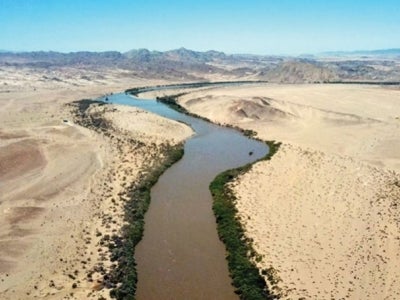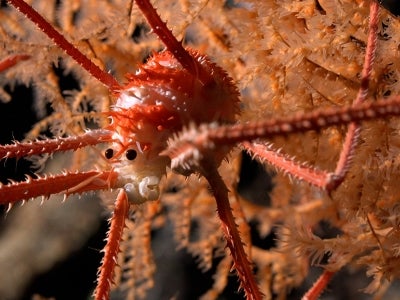
The bulk of world trade, 90% by volume, is transported by ship (MKC, 2012). Shipping is perhaps the most international of all the world's industries and is an essential component of our modern way of life. Globally, three to five billion tonnes of ballast water are transferred by ship each year (IMO, 2014).
Ballast water can carry thousands of different species of marine plants, microbes and animals at any given time, and when discharged into new environments, some of these exotic species quickly establish and multiply in number.
The introduction of invasive alien species is a serious global environmental challenge as they can disrupt the natural ecology of an ecosystem, threaten local economies and livelihoods, and cause disease and even loss of human life. Most importantly, once introduced and established, they are virtually impossible to eradicate, thus underscoring the critical importance of preventing the invasion of alien species from ballast water releases in the first place.
In response to aquatic threats from invasive species to global marine biodiversity and ecosystems, the GEF International Waters area joined forces with UNDP and IMO to implement the Global Ballast Water Management Programme (GloBallast), which provides institutional strengthening, capacity development, and technical cooperation to developing countries to address the serious transboundary concern posed by aquatic invasive species in ship ballast water.
GloBallast was implemented in six. The pilot project was designed to establish cooperative regional arrangements and develop methodologies, tools and systems that could be effectively used elsewhere. The success of the GloBallast Programme also prompted adoption of the Ballast Water Management Convention. The impact on the advancement of the convention has been substantial and it is expected to enter into force shortly, putting in place a standardized international regime to address the global threat arising from the ballast water transfer of invasive species.
The GEF intervention was transformational in catalyzing the creation of a completely new ballast water treatment industry recently valued at as much as $30 billion. As part of the GloBallast Partnerships Project framework, the GEF is also pioneering an innovative public-private sector partnership to promote technological and ship management solutions to reduce the transfer of harmful invasive species and pathogens via ballast water.


